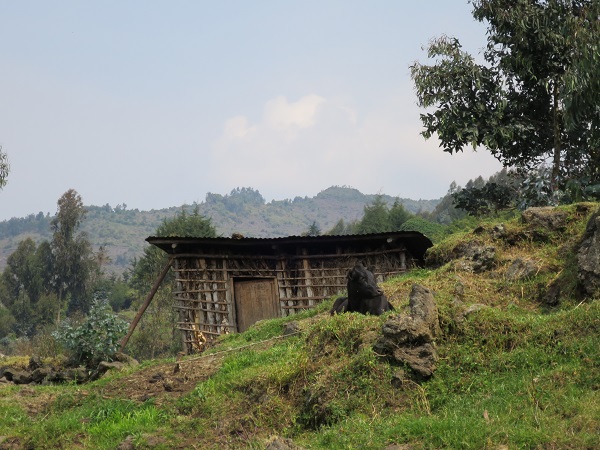A new paper “A review of gender in agricultural and pastoral livelihoods based on selected countries in west and east Africa” has just been published in the journal Frontiers in Sustainable Food Systems. The paper was written by Katharine Vincent as part of the Supporting Pastoralism and Agriculture in Recurrent and Protracted Crises programme.
This scoping paper presents the results of a review of the landscape of research on gender and agricultural and pastoral livelihoods in select countries in west and east Africa (Burkina Faso, Chad, Eritrea, Ethiopia, Kenya, Mali, Mauritania, Niger, Nigeria, Sudan, South Sudan, Somalia, and Uganda) published over 5 years (January 2016–March 2021). The paper shows there has been an increase in the number of published papers but there is an uneven geographical distribution of research. Studies vary in the way they treat gender, with an almost even split between modeling-based studies (where gender is one of many variables to be correlated with, or to determine, an outcome) and studies where the expressed aim is to look at gender differences.
Clusters of papers look at gender differences in assets, health, perceptions of environmental degradation, agricultural perceptions and outcomes, and climate change perceptions, vulnerability, and adaptation. There are also some papers exploring women’s empowerment, including intra-household decision making. Intersectional approaches have been employed both through modeling studies and through more in-depth qualitative studies that are able to trace changes in identity over time, and the implications therein. The household and household headship remain common entry points and units of analysis, despite known critiques. The results highlight a need to address geographical gaps in gender research, expand the evidence base of intersectional approaches, explore other aspects of social inequality, and expand more innovative methodological studies.

